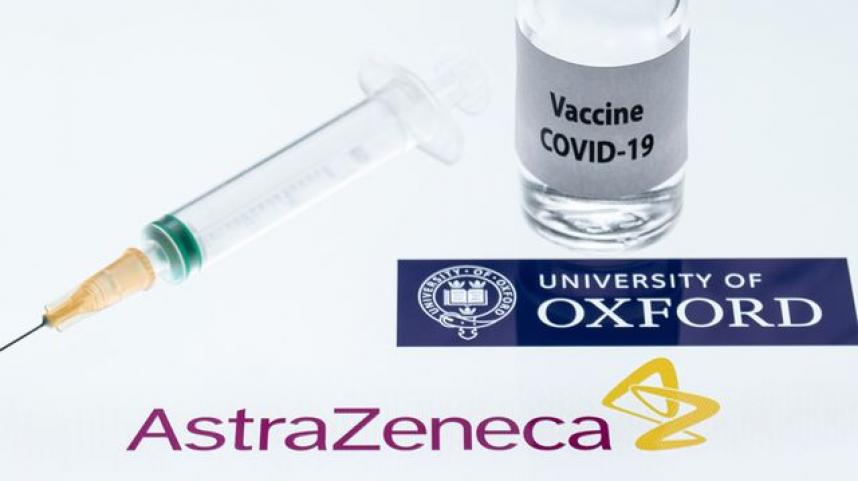
South Africa halted Monday’s planned rollout of AstraZeneca’s COVID-19 vaccinations after data showed it gave minimal protection against mild infection from one variant, stoking fears of a much longer cat-and-mouse battle with the pathogen.
The coronavirus has killed 2.3 million people and turned normal life upside down for billions but new variants have raised fears that vaccines will need to be tweaked and people may have to have booster shots.
Researchers from the University of Witwatersrand and the University of Oxford said in a prior-to-peer analysis that the AstraZeneca vaccine provided minimal protection against mild or moderate infection from the so-called South African variant among young people.
South African Health Minister Zweli Mkhize said on Sunday the rollout would be put on hold and that the government would await advice from scientists on how best to proceed.
The AstraZeneca vaccine was the big hope for Africa as it is cheap and easier to store and transport than the Pfizer shot, making South Africa’s move a major blow, with implications for other regions.
An analysis of infections by the South African variant showed there was only a 22% lower risk of developing mild-to-moderate COVID-19 versus those given a placebo.
If vaccines do not work as effectively as hoped against new and emerging variants, then the world could be facing a much longer and more expensive battle than previously thought.
Protection against moderate-severe disease, hospitalization, or death could not be assessed in the study as the target population was at such low risk, the researchers said.
While thousands of individual changes have arisen as the virus mutates on replication and evolves into new variants, only a tiny minority are likely to be important or change the virus in an appreciable way, according to the British Medical Journal.